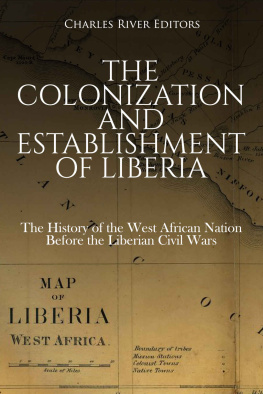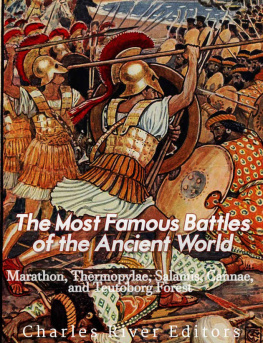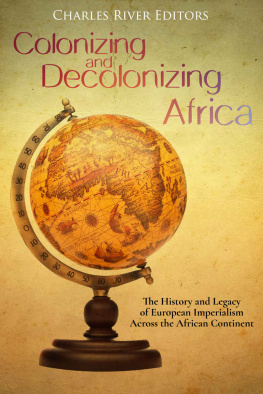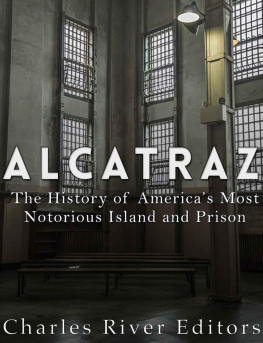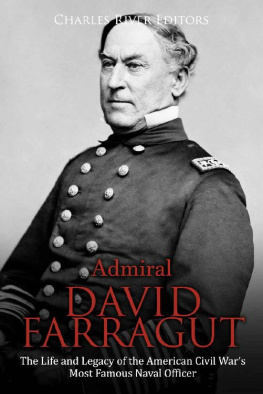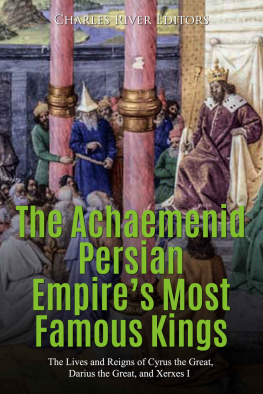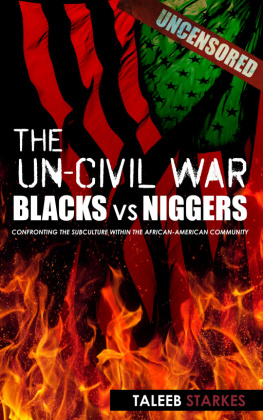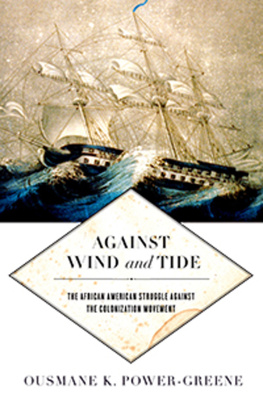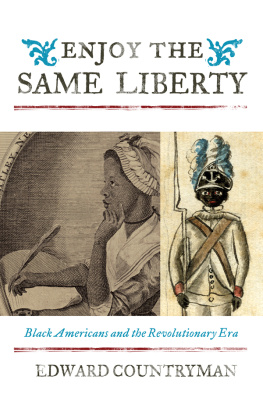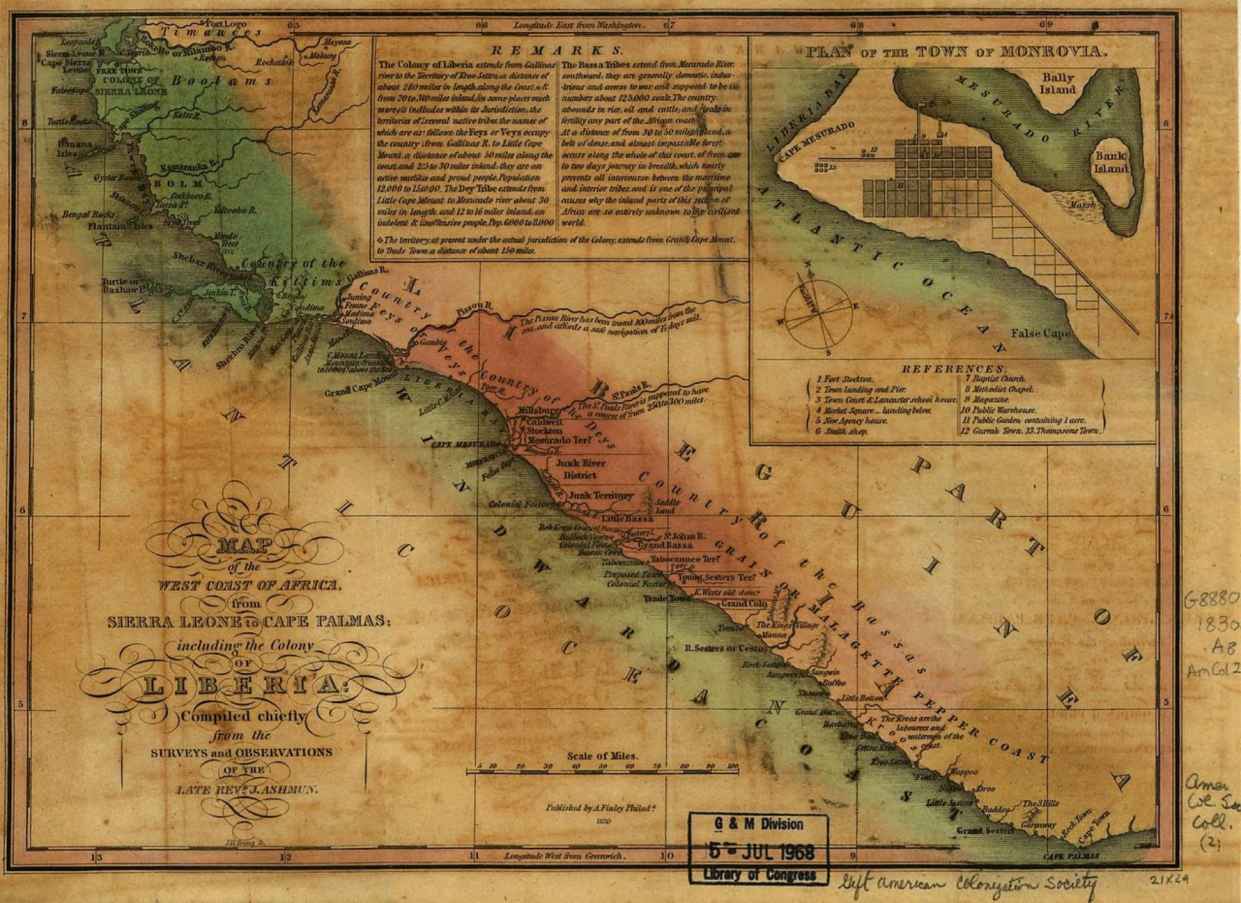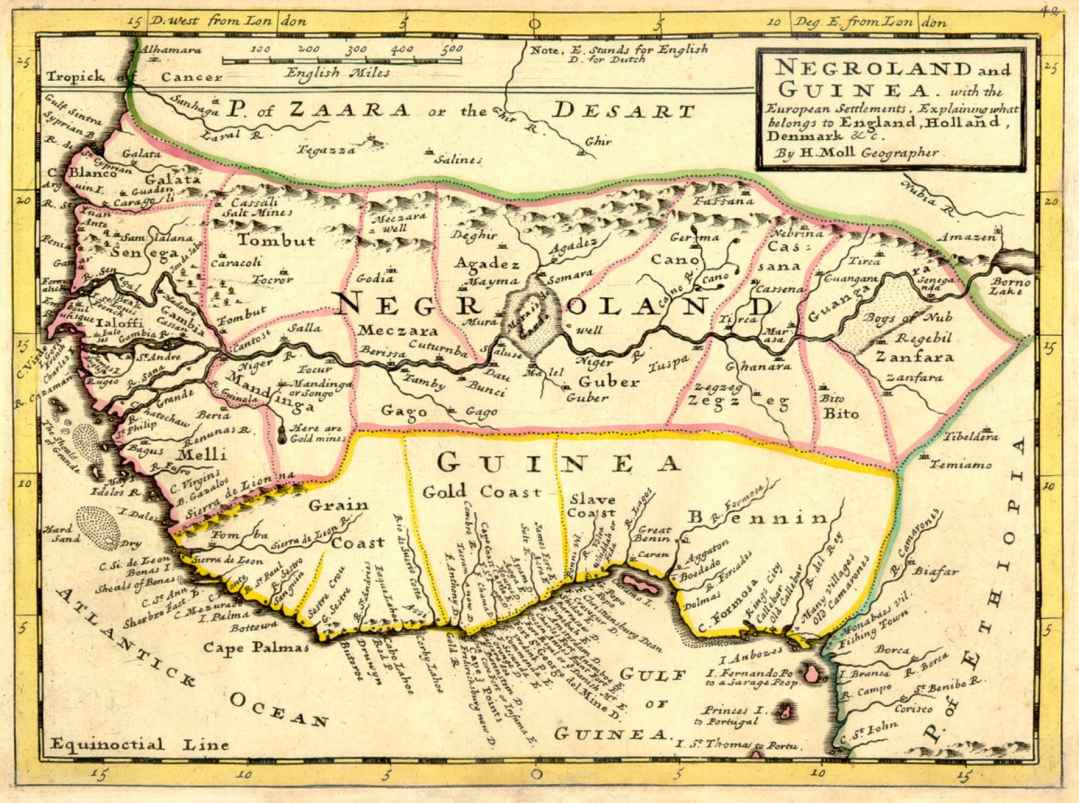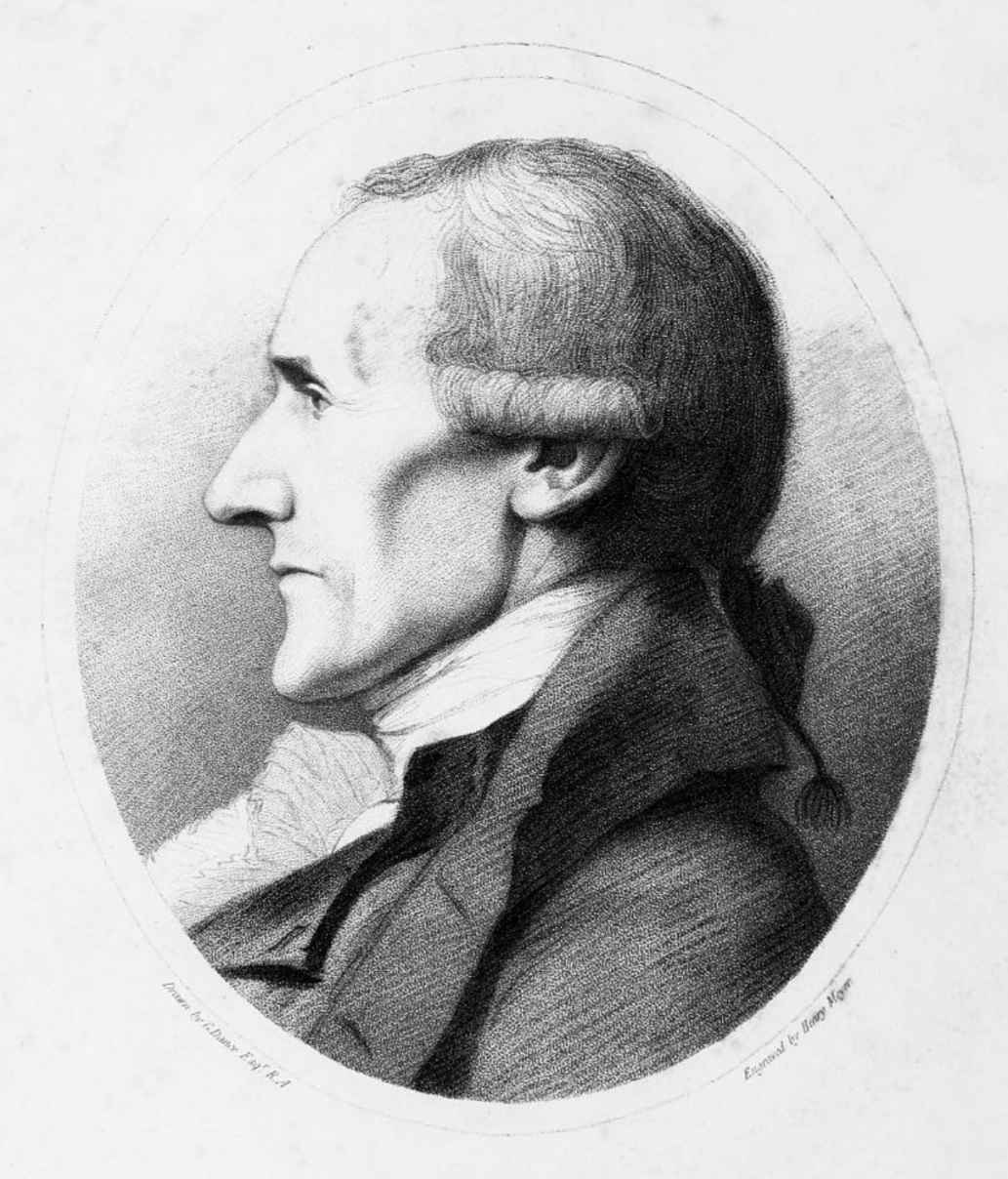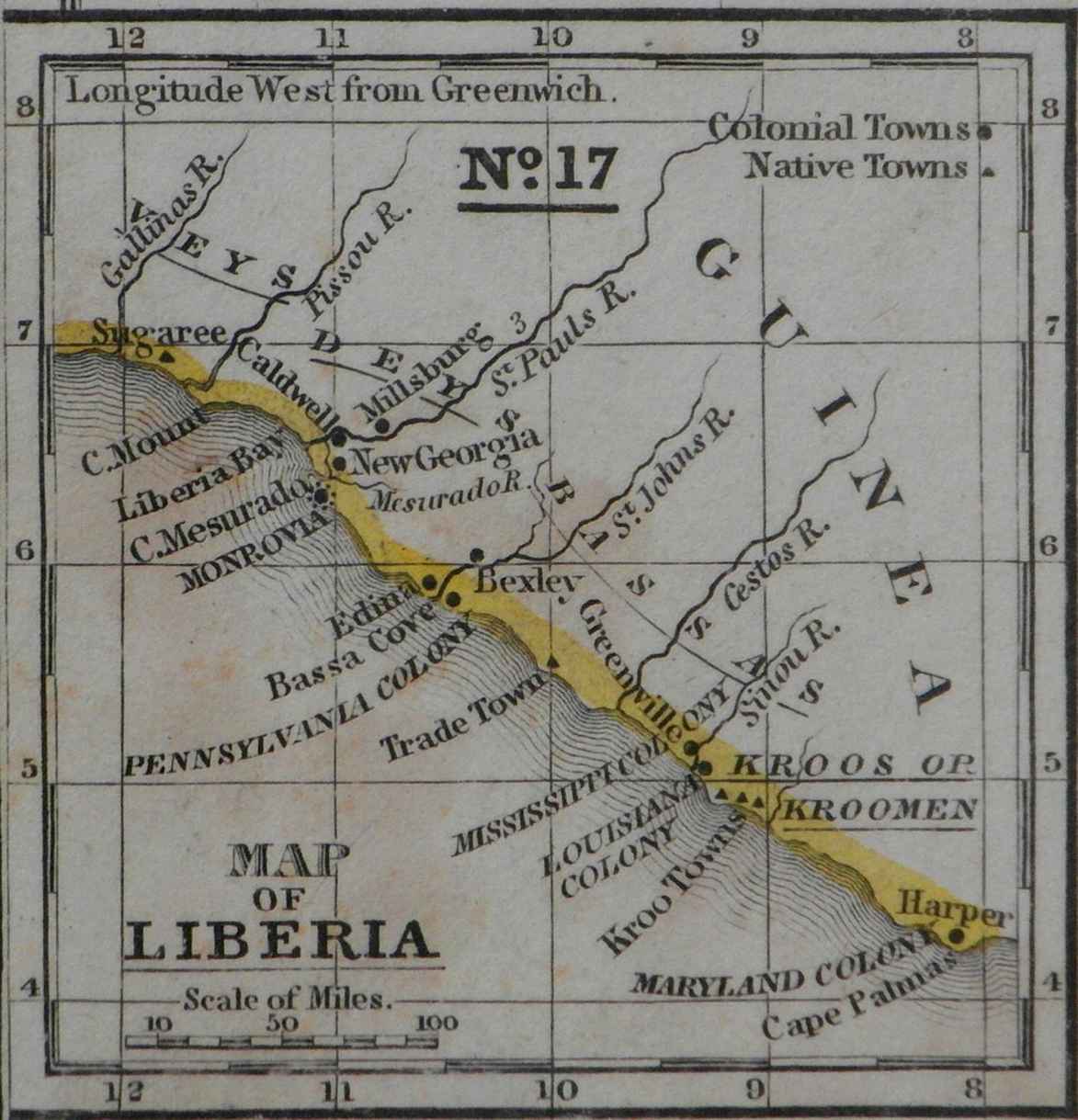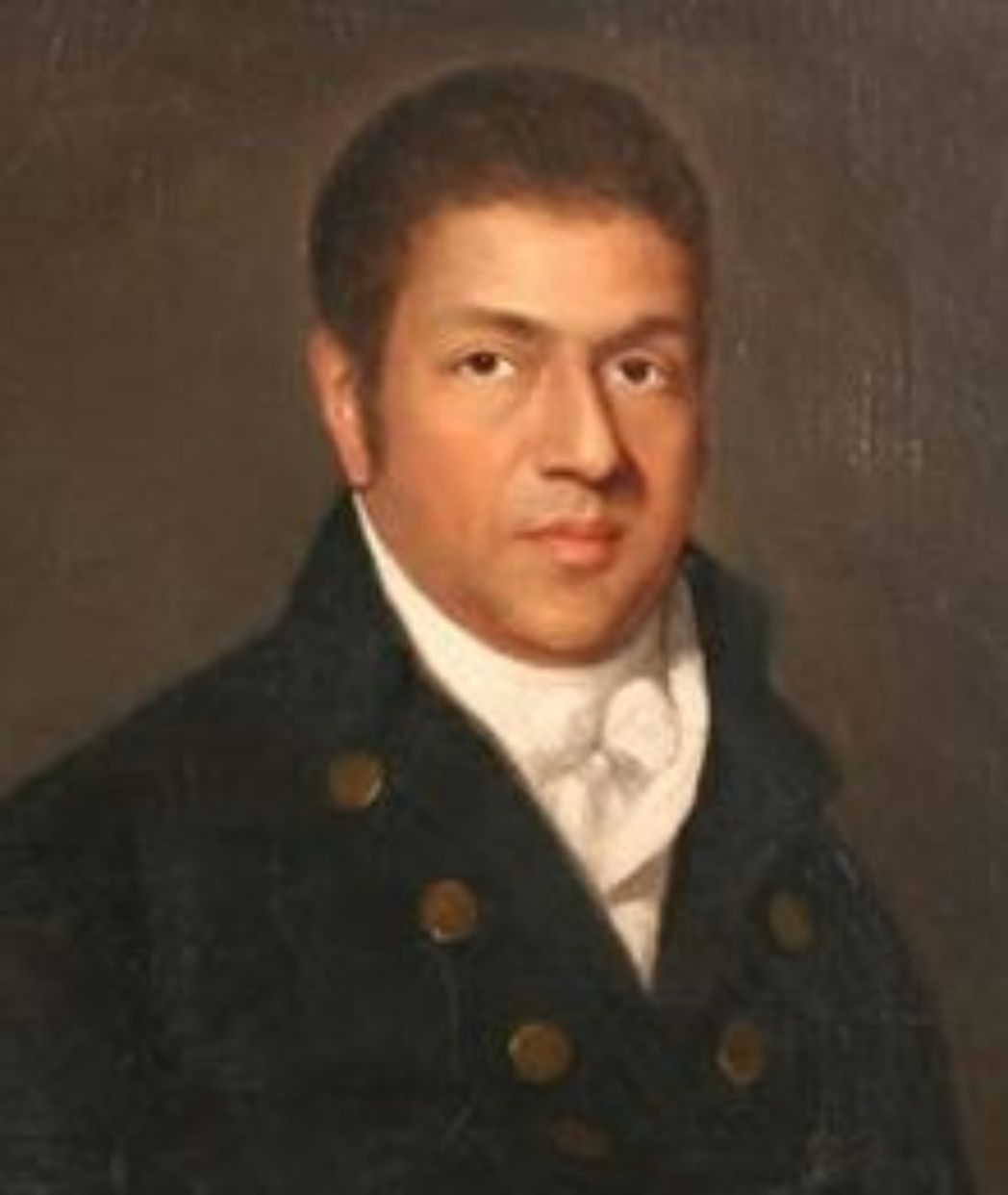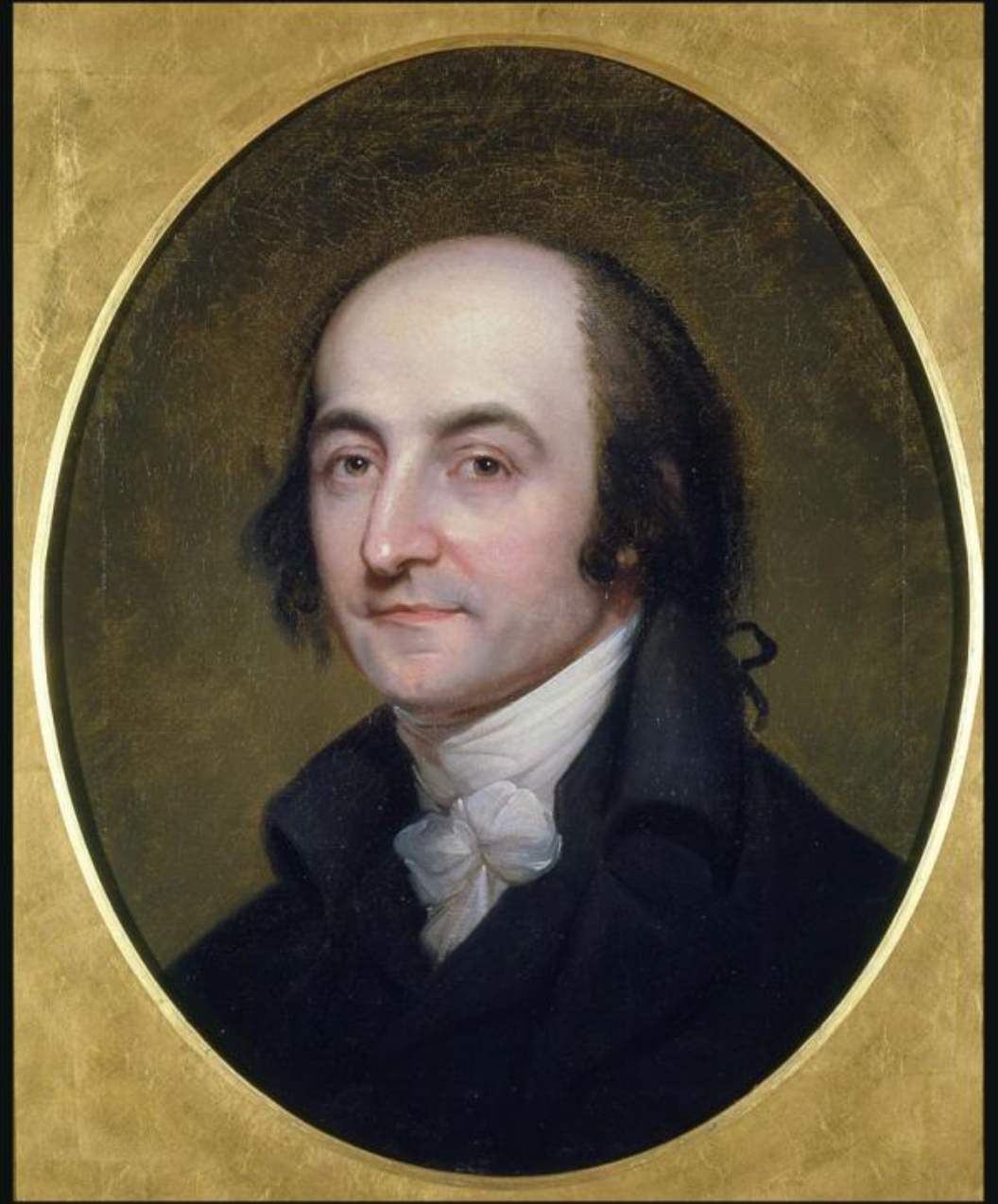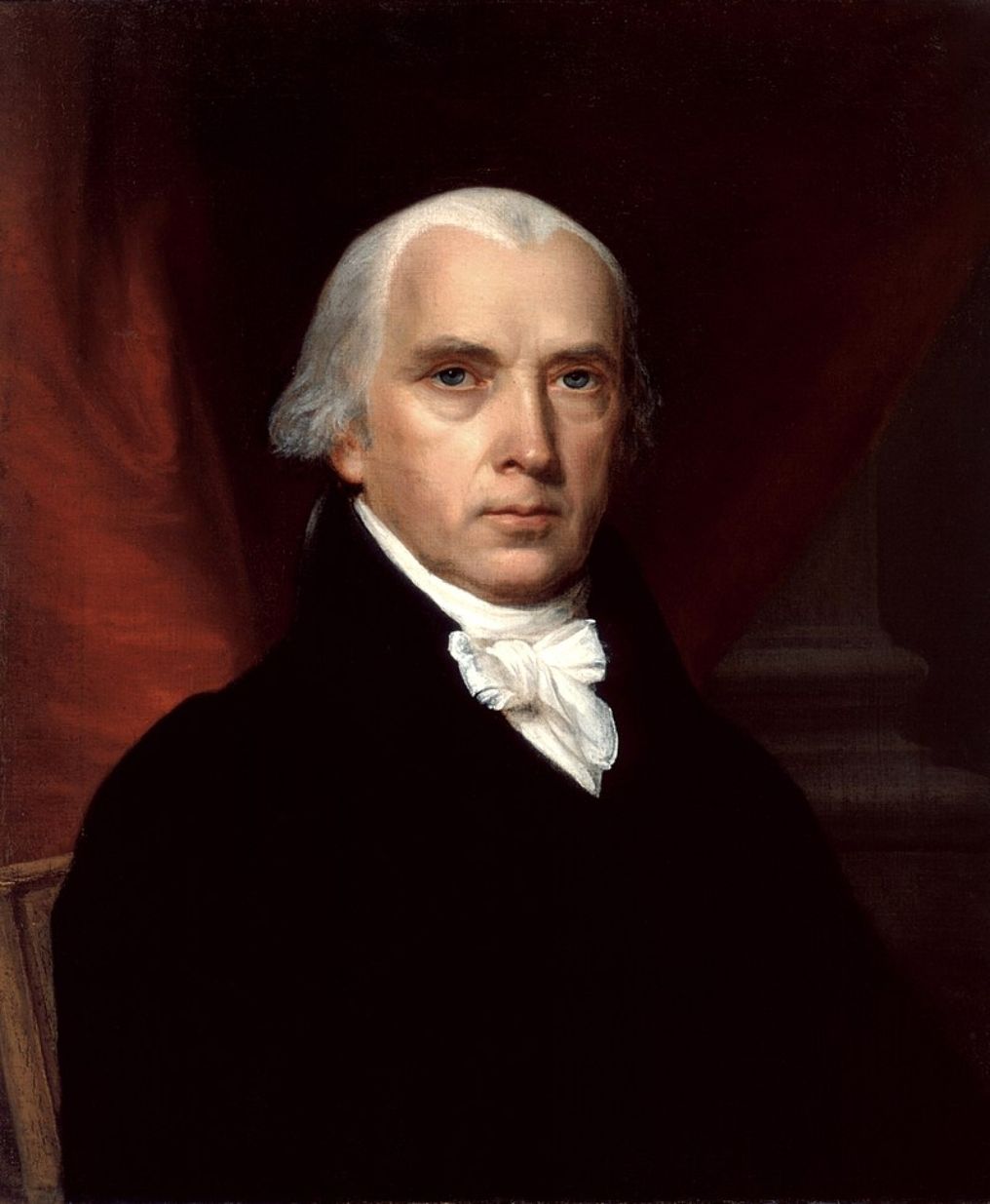Charles River Editors - The Colonization and Establishment of Liberia: The History of the West African Nation Before the Liberian Civil Wars
Here you can read online Charles River Editors - The Colonization and Establishment of Liberia: The History of the West African Nation Before the Liberian Civil Wars full text of the book (entire story) in english for free. Download pdf and epub, get meaning, cover and reviews about this ebook. year: 2018, publisher: CreateSpace Independent Publishing Platform, genre: Politics. Description of the work, (preface) as well as reviews are available. Best literature library LitArk.com created for fans of good reading and offers a wide selection of genres:
Romance novel
Science fiction
Adventure
Detective
Science
History
Home and family
Prose
Art
Politics
Computer
Non-fiction
Religion
Business
Children
Humor
Choose a favorite category and find really read worthwhile books. Enjoy immersion in the world of imagination, feel the emotions of the characters or learn something new for yourself, make an fascinating discovery.
- Book:The Colonization and Establishment of Liberia: The History of the West African Nation Before the Liberian Civil Wars
- Author:
- Publisher:CreateSpace Independent Publishing Platform
- Genre:
- Year:2018
- Rating:5 / 5
- Favourites:Add to favourites
- Your mark:
The Colonization and Establishment of Liberia: The History of the West African Nation Before the Liberian Civil Wars: summary, description and annotation
We offer to read an annotation, description, summary or preface (depends on what the author of the book "The Colonization and Establishment of Liberia: The History of the West African Nation Before the Liberian Civil Wars" wrote himself). If you haven't found the necessary information about the book — write in the comments, we will try to find it.
The motivations for this were complicated and varied, and in part they could be explained by an interest in creating circumstances advantageous to blacks, but also to give them an opportunity to form and run a colony effectively in order to debunk a widely held belief that no black man could do such a thing. There was also some value in redistributing freed blacks from the various plantation colonies of the empire, not to mention the political expedience of protecting the British Isles themselves from an expanding population of non-whites generated as a consequence of imperial activities.
The idea of locating this ideal colony in the vicinity of modern Sierra Leone came about thanks to the representations of a plant collector by the name of Henry Smeathman, who had recently returned from the West African region and believed that the Pepper Coast (also referred to as Grain Coast) offered the most viable prospects. At the time, British and European trade in West Africa was vibrant and wide-ranging, including the slave trade, and there was a steady movement of merchant and Royal Navy ships between West Africa and the British mainland. His reasons for advocating that spot are rather vague, although it probably was at the time one of the least deadly stretches of an otherwise fever-ridden coastline.
There was a lot of sentimentality and idealism behind the development of the idea, as well as a certain amount of pragmatism, but the upshot of it was that in 1787, a shipment of 4,000 blacks arrived in several ships offshore of what would today be Freetown. They were essentially dropped off, wished the best of luck, and otherwise abandoned. Conditions, of course, were primitive, and the mortality rate among these early pioneers was atrocious.
One of the first problems they faced was hostility from local tribes, and almost from the moment they landed, they found themselves in a state of war. Nonetheless, they managed to establish a bridgehead, and in due course a colony took root. Numbers were augmented occasionally by independent arrivals, and the steady deposit of captives collected in one way or another by the Royal Navy Atlantic Squadron.
The Colonization and Establishment of Liberia: The History of the West African Nation Before the Liberian Civil Wars looks at how the colony grew, the ideals behind it, what life was like there, and how a tenuous democracy lasted in the colony for over 100 years. Along with pictures, you will learn about the settlement of Liberia like never before.
Charles River Editors: author's other books
Who wrote The Colonization and Establishment of Liberia: The History of the West African Nation Before the Liberian Civil Wars? Find out the surname, the name of the author of the book and a list of all author's works by series.

